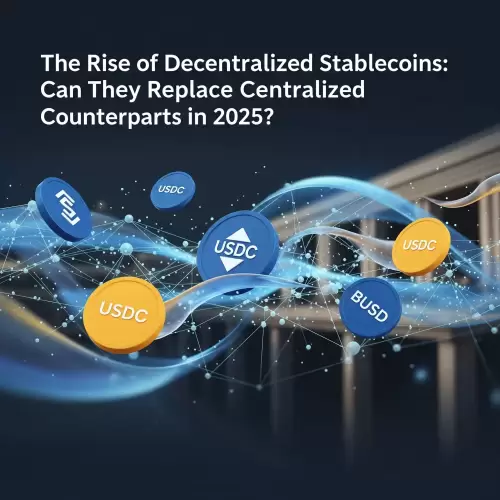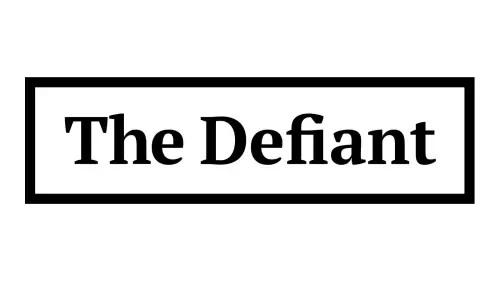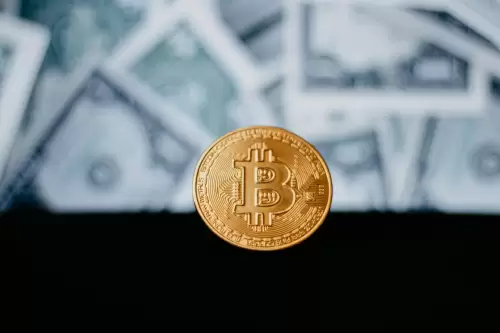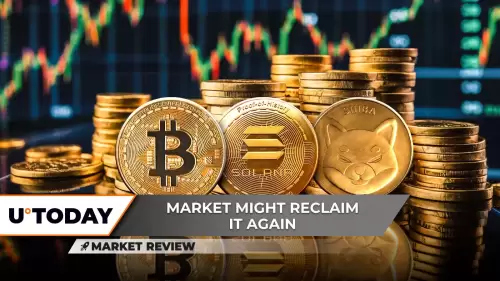JPMorgan's Kinexys is pioneering tokenized carbon credits, boosting transparency and efficiency in ESG finance with blockchain. The goal? A trustworthy, liquid carbon market.

Tokenized Carbon Credits: JPMorgan's Kinexys Leads the Charge
The world of carbon credits is getting a digital makeover, and JPMorgan Chase, through its blockchain division Kinexys, is right at the forefront. Their recent pilot project, focusing on tokenized carbon credits, promises to bring much-needed transparency, traceability, and efficiency to a market ripe for disruption.
Kinexys' Blockchain Strategy Tackles Market Integrity
Kinexys is using smart contracts to create an audit trail for every tokenized credit, making the process secure and tamper-proof. These tokens include metadata like the project type, vintage, and location. Once claimed, they're immediately removed from circulation to prevent fraud and double-spending, addressing long-standing issues in voluntary carbon markets.
JPMorgan Expands ESG Ambitions
This carbon credit tokenization effort follows Kinexys' earlier work with real-world assets (RWAs), including a cross-chain settlement with tokenized U.S. Treasuries. This shows that their infrastructure can handle complex, institutional-grade assets across blockchains. Their commitment to sustainable finance is evident with their recent long-term agreement with CO₂80 for carbon removal.
The Vision for Transparent Carbon Markets
S&P Global Commodity Insights' involvement in the pilot will provide valuable market intelligence and may assist with on-chain price feeds. This move could potentially lead to tokenized carbon credits being used as composable collateral within decentralized financial (DeFi) systems.
Deposit Tokens: The Future of Institutional Finance?
Kinexys has also launched a permissioned US dollar deposit token (JPMD) on the Base blockchain. This move is seen as a potential game-changer, offering an alternative to stablecoins for institutional clients seeking reliable liquidity and seamless integration with traditional banking systems. Deposit tokens are subject to commercial bank regulations and could potentially pay interest, unlike regulated stablecoins.
Stablecoins vs. Deposit Tokens: A Battle for Dominance
The rise of deposit tokens could put pressure on stablecoin issuers, pushing them to offer higher yields and increased transparency. While tokenized deposits might sound reasonable, some argue that regulators may treat them like regulated stablecoins. However, Kinexys might be aware of this and is simply capitalizing on the buzz around stablecoins with this innovation.
A Fun Thought
So, will tokenized carbon credits and deposit tokens revolutionize finance? Only time will tell, but with Kinexys leading the charge, it's gonna be one heck of a show! Get your popcorn ready, folks!
Disclaimer:info@kdj.com
The information provided is not trading advice. kdj.com does not assume any responsibility for any investments made based on the information provided in this article. Cryptocurrencies are highly volatile and it is highly recommended that you invest with caution after thorough research!
If you believe that the content used on this website infringes your copyright, please contact us immediately (info@kdj.com) and we will delete it promptly.














































































